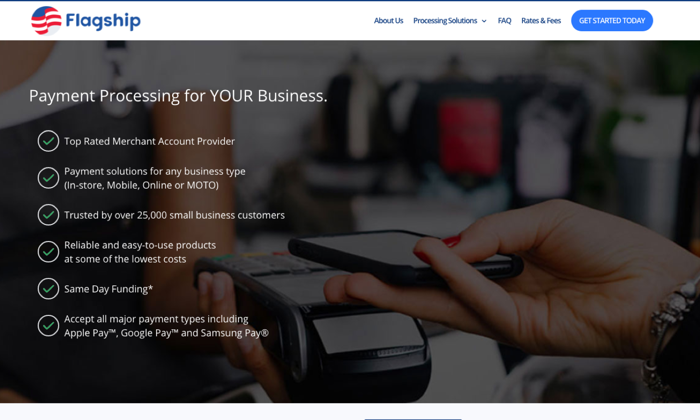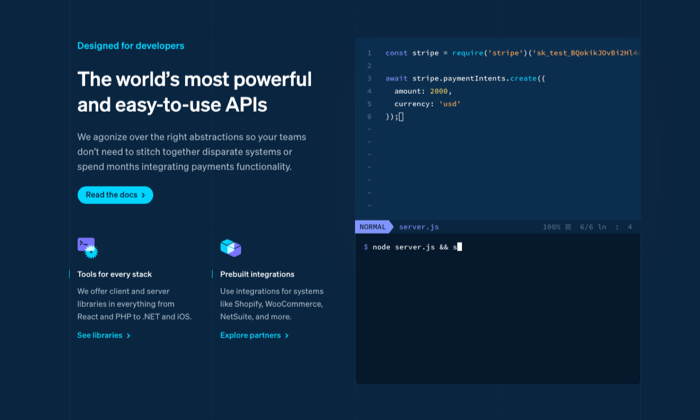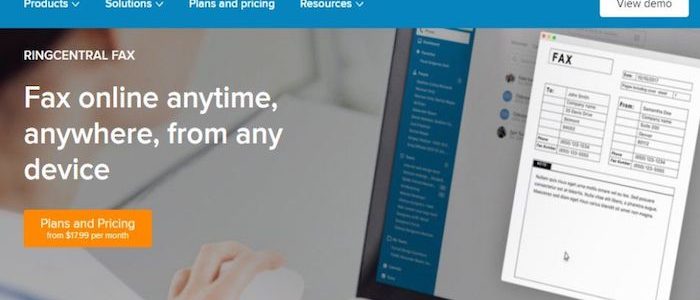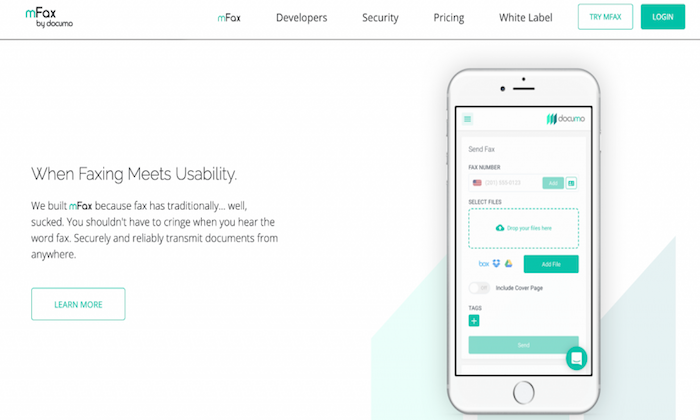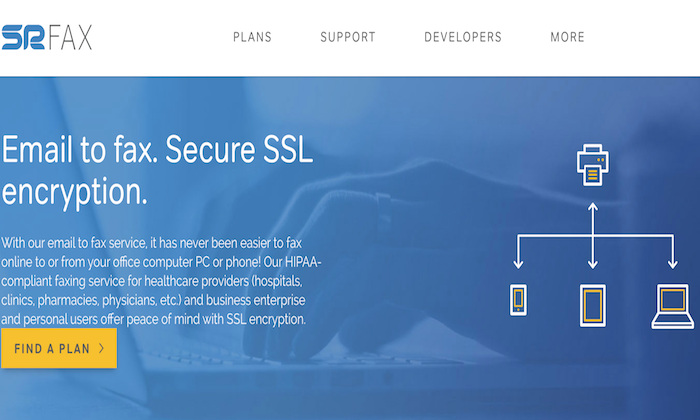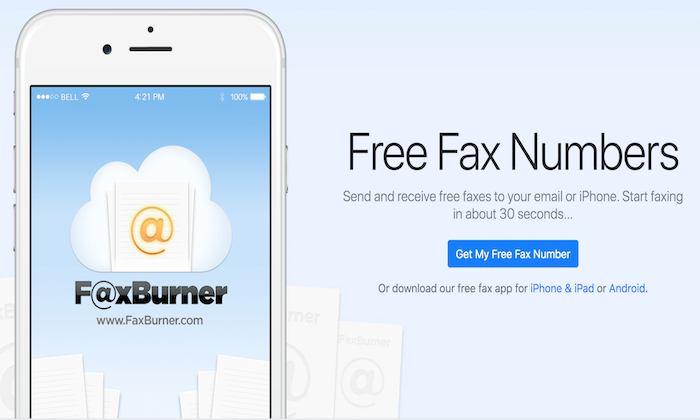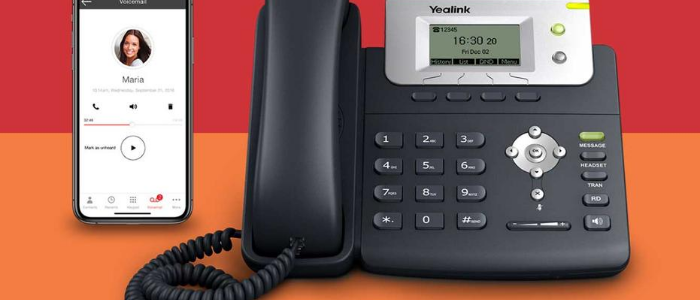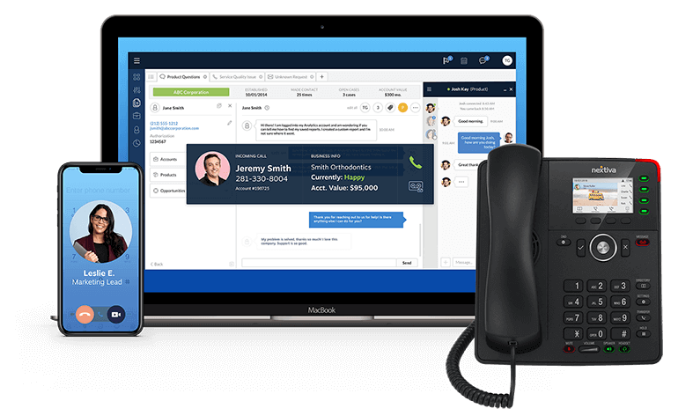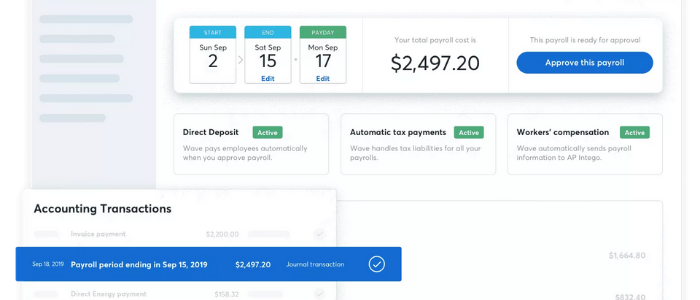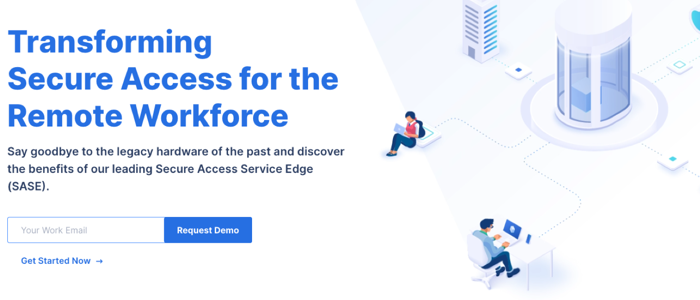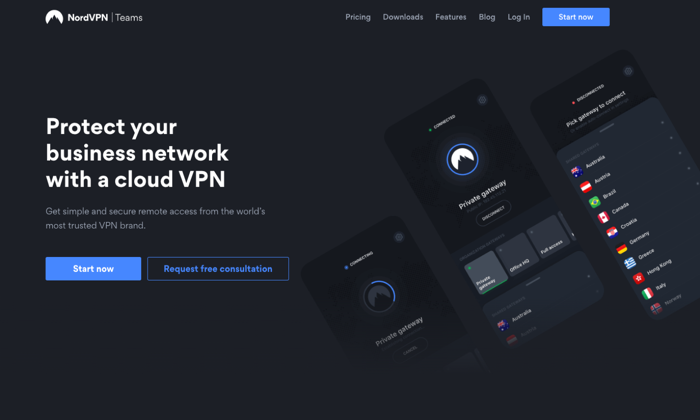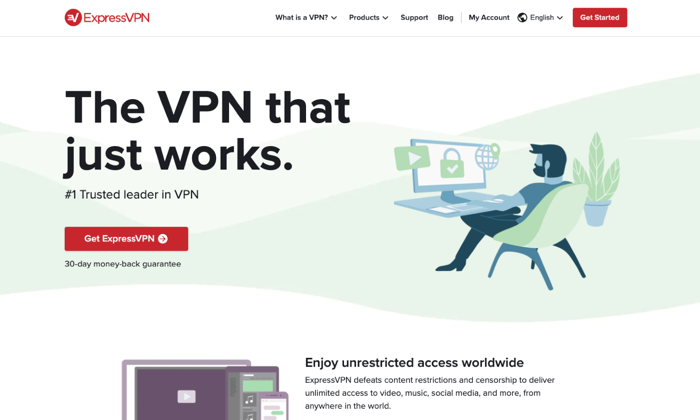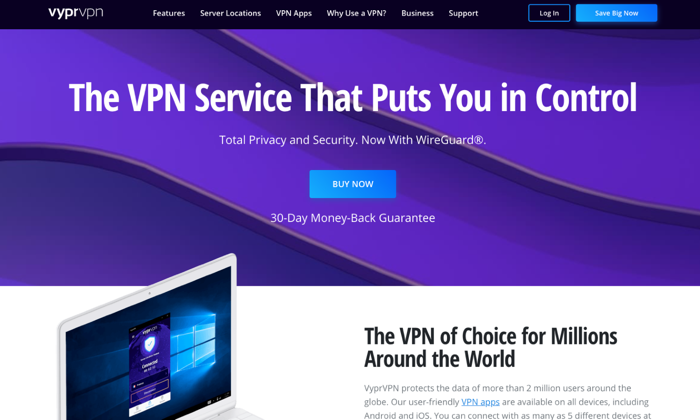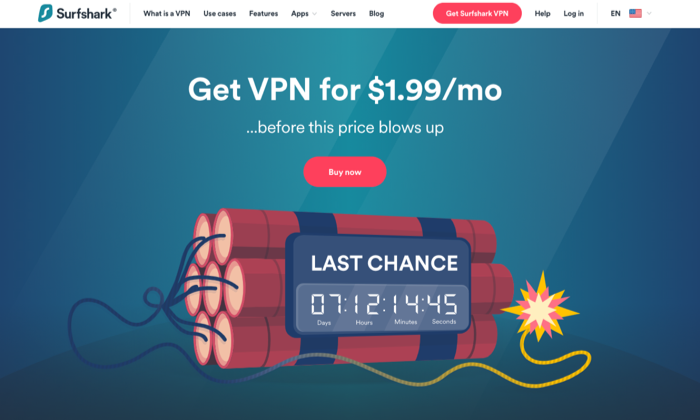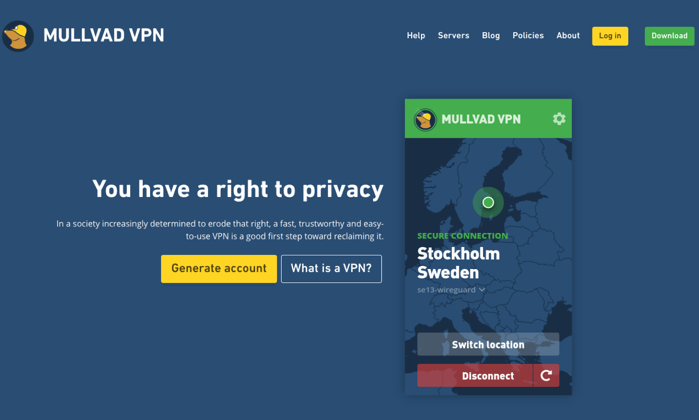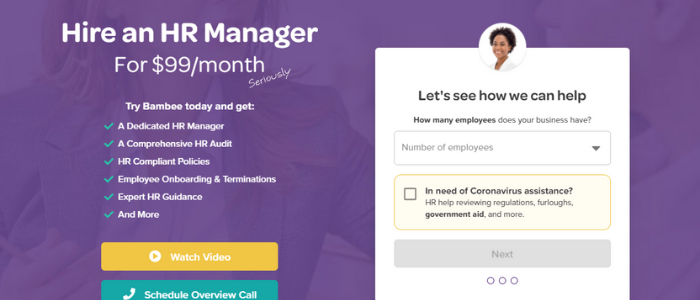
Best HR Outsourcing Services
Disclosure: This content is reader-supported, which means if you click on some of our links that we may earn a commission.
HR is confusing. And the legal ramifications of doing something wrong… are huge.
There’s a reason people spend their entire lives learning the ins and outs of human resources—there’s a lot to it. But the good news is that nobody expects you to know it all and you don’t have to navigate it alone.
The best HR outsourcing services exist to make your life easier.
However, there are a ton of service providers on the market. How do you decide which one’s right for you when they all appear to be exactly the same?
To help answer that question, I looked at countless options and narrowed it down to my top six recommendations. And by the end of this guide, you’ll know everything you need to know to make the right choice for your business.
The top 6 options for HR outsourcing services:
- G&A Partners – best for customization and flexibility
- Bambee – best for policies and administrative tasks
- Paychex – best HR outsourcing services for SMBs
- Insperity – best PEO outsourcing for enterprises
- ADP – best full-service non-PEO outsourcing option
- CPEhr – best for individual HR outsourcing and consultations
How to choose the best HR outsourcing service for you
There are countless different HR outsourcing services to choose from.
And distinguishing between all of them can feel like an impossible task.
So, before we dive into my top recommendations, let’s talk about what makes my recommendations stand out, and how to decide on the best HR outsourcing services for you.
The size of your business
Handling HR for large companies is vastly different than doing the same at a startup or small business. As such, different HR outsourcing companies specialize in different things and offer services targeted to a specific type of customer.
On the other hand, some offer solutions for businesses of all sizes.
However, it’s essential to consider your business’s size and budget when making your final choice. You should also think about how fast you plan to grow and expand your team.
Always make sure to talk with a sales representative and be as detailed as possible about your current and future situation to make sure they can handle everything you need.
Types of services
Some HR outsourcing companies (like Bambee) only provide a specific type of service. On the other hand, some offer everything you could ever possibly need… but at a higher price point.
It may be helpful to outline your processes for each HR activity you currently manage in-house.
This can help you identify problem areas or bottlenecks with room for improvement. Then, you can pinpoint exactly which tasks and services you should outsource.
If you already know, or you want to outsource everything, consider the associated costs to ensure it’s within your budget. And keep in mind that most providers don’t offer pricing online.
So, you’ll get a chance to speak with their team before making your final decision.
Just remember to ask about the specific services you need to make sure they can help you with everything on your list. It’s also smart to compare your initial consultation experience and pricing of various companies before choosing one.
Short-term vs. long-term
Do you need help for the foreseeable future or just for a one-off event like a round of recruitment? Some providers (like CPEhr) offer a la carte options so you can pick and choose what you need.
On the other hand, some only offer all-in-one solutions. So, it’s important to understand your needs before you make any decisions.
If you need short-term help, make sure you communicate that during your consultation.
Level of support
Do you want your HR systems to run completely hands-off? If so, you need more support than a team that needs one-off tasks or particular areas of their HR handled for them.
Here in a second, we’ll talk about the different types of HR outsourcing services.
But keep the level of support you think you need in the back of your mind, as this plays a large role in which company you should choose.
Flexibility
If you already have a benefits package or an internal HR team, you need more flexibility from your HR outsourcing provider. Especially if you want to keep the same benefits package you already have.
Some providers don’t let you do this as they have their own preferences and partnerships.
And you also need to draw a clear line between what your in-house team does vs. what your outsourcing company provides. That way, nobody wastes time doing the same tasks twice.
However, if you’re a brand new company or don’t have any HR systems in place, you won’t need the same flexibility level. So, you have fewer restrictions to worry about.
Customer and employee support
HR matters, benefits in particular, are confusing and hard to navigate.
Because of that, your employees must have easy access to someone in your HR department.
When you outsource this, your employees should be able to directly talk with the company, whether it be to ask a quick question or get help choosing the right benefits package.
Some providers offer a dedicated manager that handles this, making it much easier for you and your team to get the answers they need. Furthermore, they should also provide an employee self-service dashboard for paystubs, W-2s, time off, and more.
Regardless of who you choose, make sure they plan on taking great care of your team.
The different types of HR outsourcing services
HR outsourcing is technically separate from PEO and HR software, but they’re very similar in nature. So, let’s take a second to walk through the differences before we get started.
HR software
This is something companies provide to make in-house HR management easier.
With HR software, you pay a monthly fee to use it every month. Alternatively, you could buy a license and install it on your computer.
It’s mostly for automating processes or providing a network of benefits providers.
You can use it as a tiny business without HR or if you have a dedicated HR team. Either way, it’s a software that requires you (or someone on your team) to run it.
With that said, it’s very flexible and affordable.
However, don’t confuse it with HR outsourcing because they aren’t the same, although a few of the providers on this list also offer HR software.
Human resources outsourcing (HRO)
HR outsourcing means hiring a third-party to take on all or part of your HR management tasks. This can include things like payroll administration, benefits management, recruitment, and employee training programs.
The benefit of outsourcing in this manner vs. hiring or expanding your in-house team is lower associated costs. When you outsource, you don’t need to pay a salary or provide benefits.
So, the overall cost is typically much lower than adding new people to your team.
All of the options on this list offer HR outsourcing in some form or another. Some only cover specific tasks like policy creation, while others offer services covering every aspect of human resources.
With HR outsourcing, you can decide if you want to outsource all HR activities or just a few.
Professional employer organization (PEO)
PEO services are a specific type of HR outsourcing in which the company is your co-employer. Furthermore, the service provider becomes the employer of your employees.
And since the PEO company is the employer, they’re responsible for payroll taxes.
This type of agreement typically requires a lengthy contract. However, you’re in charge of what your team does on a day-to-day basis. So, everything stays the same on your end, except you’re no longer responsible for specific HR tasks or payroll taxes.
Furthermore, the two parties decide how much responsibility each party handles.
So, this type of agreement can be extremely flexible if that’s something you need. This is especially beneficial if you already have an HR department.
One of the most significant values of this type of partnership is access to better benefits packages for your team. Plus, you can get those pesky HR tasks off your plate.
However, you sacrifice a certain degree of control by inviting someone else into your business.
#1 – G&A Partners Review — The best HR outsourcing service for customization and flexibility
If you’re looking for a customizable and flexible all-around HR outsourcing solution, G&A Partners is my #1 recommendation.
They combine intuitive technology encompassing everything you need with world-class customer service to empower your business and employees. From payroll services to health insurance, retirement plans, and recruitment, G&A Partners covers it all.

Furthermore, each plan is custom-fit to your business and specific needs.
So, you don’t have to worry about cookie-cutter plans that don’t quite fit the bill. Plus, you also get a dedicated client service team to manage everything and help you out when you need it.
As a G&A Partners client, you can choose from countless services, including:
- Payroll administration and processing
- Self-service employee dashboard
- Time clock, scheduling, and PTO
- On-demand data access
- Benefits from the top providers
- Benefits administration
- Ancillary benefits
- Wellness and financial health
- Sourcing, recruiting, and hiring
And since each plan is custom to match your needs, you’re not stuck paying for services you don’t actually need. Plus, you can rest easy knowing you comply with local, state, and federal legal regulations.
From recruitment and onboarding to payroll and benefits administration, you’re in good hands.
With that said, G&A Partners doesn’t share pricing online. So, schedule a free consultation to build a service package tailormade for you, your business, and your #1 asset—your employees.
#2 – Bambee Review — The best HR outsourcing services for HR policies and administrative tasks
If you’re a small business with fewer than 99 employees, Bambee is an affordable way to hire a dedicated account manager to handle HR policies and employee training.
Hiring an in-house HR manager can easily cost $4,000+ every month, plus benefits. So, it gets quite expensive and unattainable for really small businesses.
But with Bambee, you can outsource starting at $79/month (or $99/month if you pay monthly).
From the start, you get a dedicated HR manager to help build your HR policies and walk you through your state’s compliance regulations.
They can also help you onboard employees, terminate them, and handle corrective action while staying in compliance.
Furthermore, Bambee can also help evaluate your risk for wrongful termination.
So, you don’t have to worry about expensive lawsuits or continually wondering what you’re responsible for after employee termination.
Plus, you get complete remote access to your manager via phone, email, and chat to answer questions and help you with anything you need. And the best part? Your employees can chat with them as well.
With Bambee, you get access to powerful and helpful features, including:
- Creating and implementing company policies
- Staff training, so they understand your new policies
- E-signatures and an online document viewer
- Staff folders for organization and compliance
- A smart cabinet for record-keeping
- HR forms and agreements (i.e., HIPAA notices or offer letters)
You get everything you need to create, implement, and manage internal HR policies. However, you are sacrificing several crucial features, like payroll administration and benefits management for affordable pricing.
So, keep in mind that you will have to manage those things on your own. Bambee can answer questions and look into those things for you, but they’re not included as part of the package.
#3 – Paychex Review — The best HR outsourcing services for small to midsize businesses
Paychex is one of the most popular and trusted HR solutions on the market.
They’ve been around for more than 45 years, and over 680,000+ businesses trust them with their HR software and service needs.
From benefits and attendance to payroll, HR, and onboarding, they offer everything you need to run and streamline your small or midsize business without hiring in-house.

And the best part is that you can choose which services you need, rather than paying for everything and using a handful of features.
Plus, you can outsource everything… or a few things, depending on what you need.
They offer software and service packages for small, medium, and large companies. So, it’s an excellent option for everyone. But their small and medium sizes packages are where they truly shine.
In fact, more than half a million of their customers are small businesses.
With their small and midsize packages, you get access to Paychex Flex, their all-in-one HR automation software.
But you can also choose between 24/7/365 customer support or a dedicated specialist for help when you need it. So, whether you have a dedicated HR team or not, you can rest easy knowing you have an expert manager behind you.
Paychex Flex comes with a wide range of powerful features, including:
- Recruiting and applicant tracking
- Time and attendance
- Hiring and onboarding
- Retirement and termination
- Health insurance administration
- Payroll management
- PTO, 401(k)s, and other benefits
You won’t find their pricing online, so get a free quote to learn more about Paychex today!
#4 – Insperity Review — The best PEO services for enterprises
Insperity is an all-in-one HR service provider for small businesses and enterprise organizations alike. They offer individual solutions and a full-service PEO option, making it perfect for small to medium enterprises.
It’s an excellent choice if you have the budget for their PEO choice as an alternative to hiring or expanding an in-house HR team.

They also offer a wide range of HR software if you’re a smaller business interested in managing HR activities on your own. However, that gets old very quickly, especially if you have a ton of other things on your plate.
Insperity’s PEO all-in-one solution covers every HR service imaginable, including:
- Medical, dental, and vision benefits
- FSA and HSA accounts
- Disability, employee assistance, and retirement
- Payroll processing and administration
- Time and attendance tracking
- HR administration and wage garnishments
- An employee self-service portal
- Risk mitigation and legal compliance
- Recruiting and performance management
- Training and development programs
- Company culture development
- Advanced analytics and reporting
- Personalized customer support for your employees
As if that isn’t enough, they have a team of specialists dedicated to managing different HR tasks. So, you know you’re getting the best of the best.
It’s essentially an extension of your business (or HR department if you already have one).
Insperity’s services are a practical way to reduce risk, improve productivity, automate your HR processes, and get a bird’s eye view of your most valuable asset—your employees.
They offer two-year pricing guarantees, billing transparency, and fixed service fees, so you never have to guess how much you’re going to pay every month.
However, their prices aren’t available online, so get in touch with their sales team to learn more.
#5 – ADP Review — The best for full-service non-PEO outsourcing
If you’re interested in full-service HR outsourcing but don’t want to go the PEO route, ADP is an excellent choice. They provide complete outsourcing for everything from administrative tasks to payroll processing and more.
With that said, they do offer a PEO option. But they’re one of the few providers that offer complete packages without the complexity of an enterprise-grade PEO partnership.

On top of that, they also offer one of the most popular HR software packages on the market.
So, you can create an entire HR department using their services and software without having to hire in-house or expand your existing team.
ADP’s team of experts is ready to help reduce your risk and everyday burden, regardless if you’re just looking for a helping hand with administrative tasks or facing an acquisition, merger, or an at-risk termination.
So, no matter the situation, ADP has you covered.
They offer a variety of individual services and more strategic offerings, including things like:
- Payroll and benefits administration
- Time and attendance tracking
- Employee handbooks and internal policies
- COBRA insurance administration
- Dynamic analytics
- Compliance training, tracking, and reporting
- Recruitment and staffing
On top of that, they also offer a bundle of business processes and HR outsourcing if you need even more assistance with the ins and outs of your business.
Because each package is tailored for your business, you won’t find ADP’s pricing online.
As such, you’ll have to get with their sales team to learn more and start building out your HR outsourcing package.
#6 – CPEhr Review — The best HR outsourcing services for individual tasks and HR consultations
If you’re interested in outsourcing individual HR tasks or receiving HR consultations, CPEhr is a smart choice. They offer a wide variety of different services designed to help make your life (or your HR department’s) life a bit easier.
So, rather than spending time running payroll or finding the best benefits for your team, you can work on things that actually move the needle for your business.
Plus, they also take pride in helping customers develop long-term and short-term HR strategies, so you’re never left to figure things out on your own.

Whether your HR department needs some extra assistance or you need one-off services, like recruitment for an open position, CPEhr has you covered. Their services span basic administrative tasks to more complex strategy planning, including:
- Payroll and tax administration
- Recruiting, onboarding, and training
- Benefits administration
- COBRA insurance management
- Disability and retirement
- Employee benefit orientations
- Employee and management training
- Risk management consulting
- Employee handbooks and policies
- Unemployment and disability administration
- Performance reviews
- Legal compliance
- Government audits
Essentially, CPEhr covers anything you need, whether you want to outsource everything or a short-term one-off situation.
They also offer PEO and full HR outsourcing plans, if that’s something you’re interested in. However, their a la carte services and complete flexibility are what make them stand out from everyone else on this list.
Like most providers, you won’t find pricing online.
Get in touch with their team to talk more about your needs and learn more about how CPEhr can help your business today!
Wrapping things up
G&A Partners is my top recommendation for most users. It’s incredibly flexible with the ability to handle businesses of all shapes and sizes. Plus, they offer a wide range of services to help make your life easier.
But that doesn’t mean they’re right for everyone.
So, don’t forget to use the criteria we talked about as you go through the process of finding the best HR outsourcing services for you, your team, and your business.
How do you handle human resources at your company?
The post Best HR Outsourcing Services appeared first on Neil Patel.


